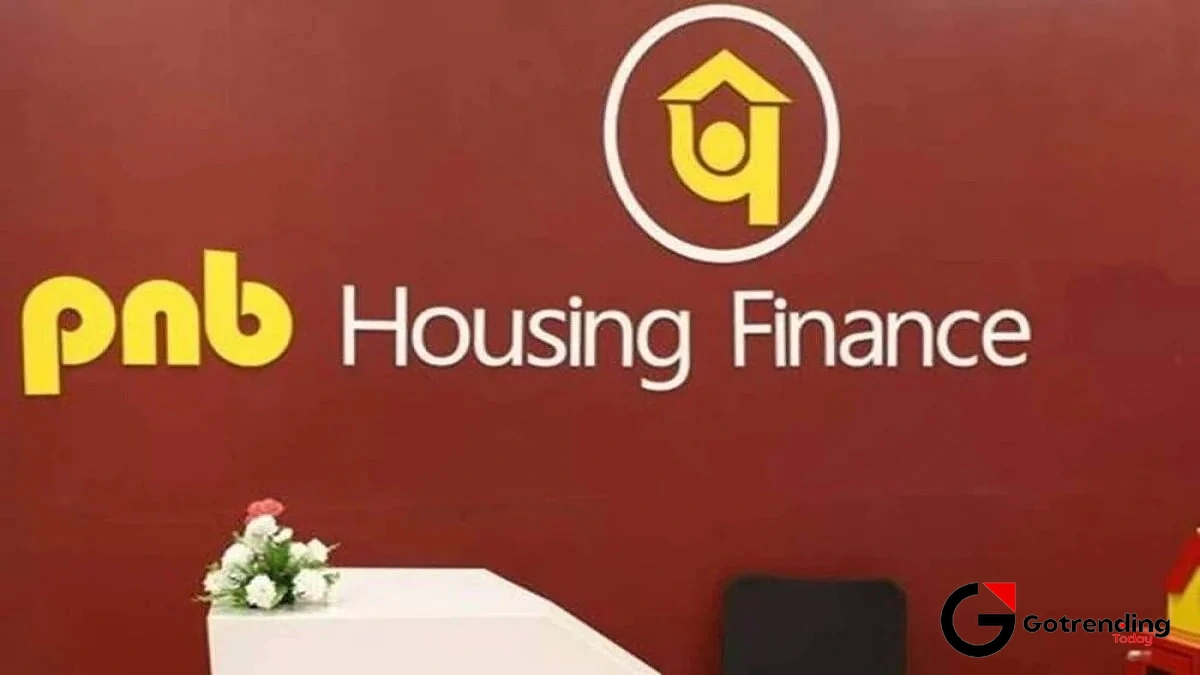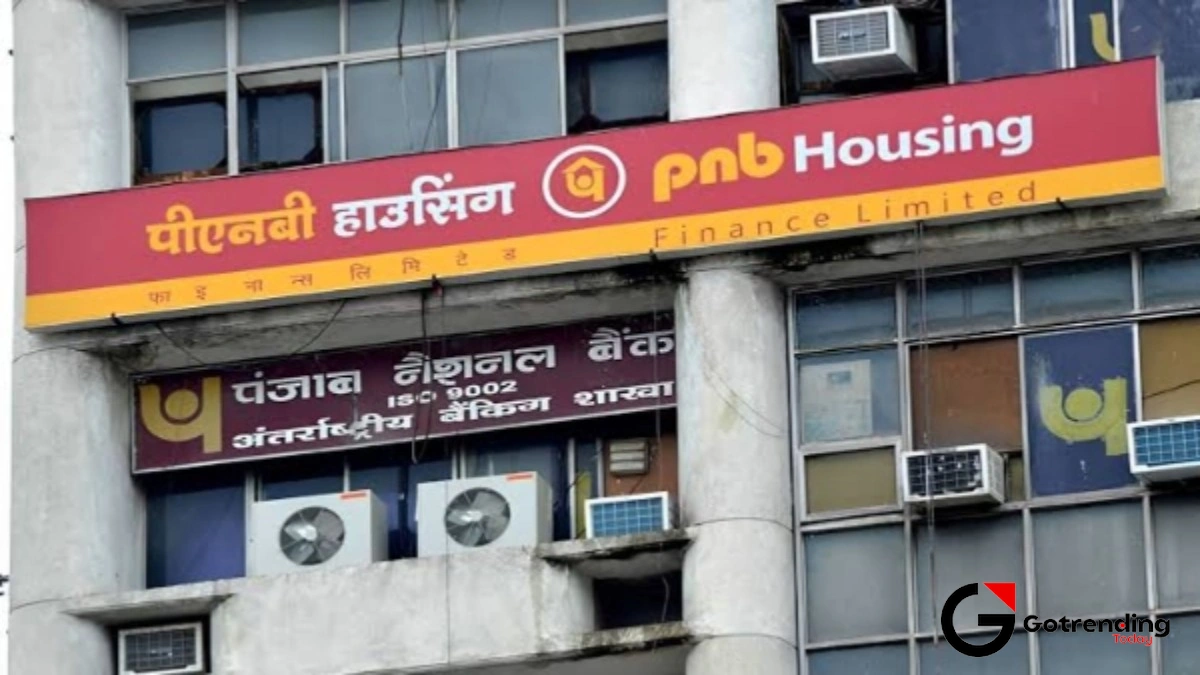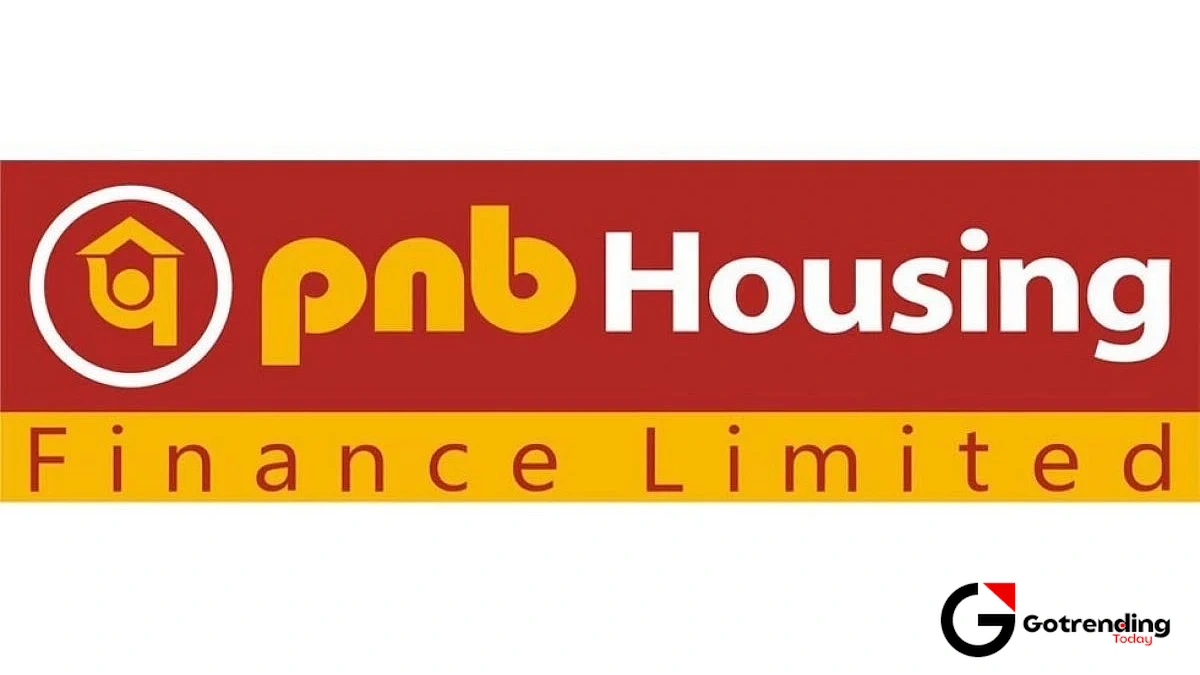Untangling PNB Housing Finance | More Than Just a Famous First Name
Let’s be honest. The first time you heard of PNB Housing Finance , you probably had a thought that went something like this: “Oh, that’s just the home loan department of Punjab National Bank, right?”
And you’re not wrong. But you’re not entirely right, either. It’s… complicated. And in the world of investing and finance, “complicated” is where things get interesting. I’ve spent more time than I’d care to admit staring at stock tickers and digging through annual reports, and this is one of those companies whose story is a lot richer than its name suggests. It’s a tale of branding, ambition, and the occasional stock market drama.
So grab a coffee. Let’s pull this thread and see where it leads.
Wait, Isn’t That Just… PNB?

First, let’s clear up the biggest point of confusion. While Punjab National Bank (PNB) is the promoter and the largest shareholder, PNB Housing Finance Limited is its own, separately listed entity. It trades on the stock exchange under its own ticker. This isn’t just a bit of corporate trivia; it’s fundamental to understanding the company. Think of it this way: PNB is the well-known parent, but PNB Housing is the adult child that has moved out, has its own job, and files its own taxes. It carries the family name, but it has its own ambitions and its own set of problems.
Why does this matter? For one, it means its fortunes aren’t directly tied to every single headline about PNB the bank. It has its own management, its own board, and its own strategic goals. This separation was at the heart of the whole drama a few years ago with the proposed Carlyle Group deal, a move that would have significantly diluted PNB’s stake and given a major private equity player a huge say. That deal fell through, but it revealed the company’s desire to chart its own course.
It’s a classic story of legacy versus independence, a theme that echoes in many parts of Indian society. You see it in business, politics, and even art. The struggle to build a modern identity while carrying a famous name is a powerful one, almost like grappling with the Jawaharlal Nehru legacy in modern India the name opens doors but also sets massive expectations.
More Than a Name | What Does PNB Housing Finance Actually Do?

Okay, so they’re not just a bank department. What’s their bread and butter? The name gives it away: housing finance. They are a classic HFC, or Housing Finance Company. Their main gig is giving out home loans to people like you and me. But their focus is a little different from a big, sprawling bank.
Banks are financial supermarkets. They have to do everything savings accounts, credit cards, car loans, corporate banking. HFCs are specialist workshops. They focus intensely on one area: property. This means they often develop a deeper expertise in things like property title verification, project approvals, and understanding the hyperlocal nuances of the real estate sector . They offer standard home loans, but also plot loans, and importantly, Loan Against Property (LAP), which is a huge market in India.
I initially thought of them as just another lender, but after looking deeper, their loan book tells a story. They have a significant focus on the self-employed segment, which traditional banks sometimes find tricky to assess. This is both a massive opportunity and a risk. Get it right, and you tap into a huge, underserved market. Get it wrong, and your asset quality can take a hit. It’s a high-wire act. And it’s this balance that determines their long-term financial performance .
The Rollercoaster Ride of the PNB Housing Share Price
And now, the part that gets investors talking: the stock. The journey of the PNB Housing Finance share price has been anything but boring. It’s been a lesson in market dynamics, regulatory hurdles, and investor sentiment.
After its IPO, there was a lot of optimism. It was a well-known brand in a growing sector. But then came the liquidity crisis in the non-banking financial sector a few years back, which hit all housing finance companies hard. The stock took a beating. Since then, it’s been a story of recovery and recalibration.
Watching the PNB Housing share is a fascinating exercise. You see it react to interest rate announcements from the RBI, to news about the real estate market, and, of course, to its own quarterly results. It’s the kind of stock that forces you to pay attention to the bigger picture. You can’t just look at the company in a vacuum. You have to understand macro trends, which is something many investors forget. Frankly, it’s the kind of holding that makes you double-check that your capital gains and losses are meticulously tracked, because keeping a clear record for your annual tax returns, as this ITR filing guide explains, becomes absolutely critical when you deal with such volatility.
But the real story here isn’t just about the price. It’s about value. Is the market correctly pricing in its strengths (brand recall, distribution network) and its weaknesses (competition, asset quality concerns)? That’s the billion-dollar question, isn’t it?
So, What’s the Real Story Here?

I keep coming back to this point because it’s crucial. PNB Housing Finance is a bet on the Indian housing story. A story that, despite its ups and downs, has a powerful, long-term tailwind. The demand for housing in India is immense and undeniable. The question is who will successfully cater to it. The competition is fierce, not just from other HFCs but from the big banks themselves, who are now aggressively pursuing the home loan market.
For PNB Housing, the path forward involves navigating a complex environment. They need to manage their cost of funds (a key metric for any lender), keep a tight leash on loan quality, and continue to innovate their product offerings. It’s not a simple path. The regulatory landscape, as defined by bodies like the Reserve Bank of India , is constantly evolving, demanding higher standards of governance and capital adequacy.
While the brand gives them an edge in Tier-2 and Tier-3 cities, they have to prove they are more agile and customer-focused than a behemoth bank. Can they do it? The jury is still out. But it’s this very uncertainty that makes it a compelling story to follow.
It’s not a stock for the faint of heart. It’s for those who understand the sector, appreciate the nuances of the business, and have the patience to see a long-term story play out. It’s a story about a company trying to carve out its own destiny, standing on the shoulders of a giant, but determined to reach for its own sky.
Frequently Asked Questions (And My Honest Answers)
Is PNB Housing Finance a government company?
This is a super common question! The answer is no. While its promoter, Punjab National Bank, is a public sector bank (majority-owned by the government), PNB Housing Finance itself is a publicly-listed private company. The government does not directly own or run it. Think of it as having a government entity as its largest, most influential shareholder, but not as being a government department itself.
What’s the main difference between getting a loan from PNB vs. PNB Housing?
Great question. While both offer home loans, PNB is a full-service bank, meaning they handle everything from savings accounts to corporate banking. PNB Housing is a specialized housing finance company. Often, this means PNB Housing might have more streamlined processes specifically for home loans and a deeper understanding of property-related documentation. The choice often comes down to who offers a better home loan interest rate , processing fee, and customer service experience at that specific moment.
Is my fixed deposit (FD) safe with PNB Housing Finance?
PNB Housing Finance does accept public deposits. They are regulated by the National Housing Bank (NHB) and have a credit rating for their deposits from agencies like CRISIL and CARE. Generally, higher ratings (like AAA or AA) indicate a higher degree of safety. However, it’s important to remember that these are company deposits and are not insured by the DICGC, which insures bank deposits up to ₹5 lakh. So, they carry a slightly different risk profile than a bank FD.
How do I check the current PNB Housing share price and should I buy it?
You can check the current PNB Housing Finance share price on any major financial portal or your stockbroker’s app. As for whether you should buy it, I can’t give financial advice! That decision depends entirely on your personal financial goals, risk tolerance, and research. I’d suggest looking at its recent financial performance, management commentary, and the overall outlook for the real estate sector before making any investment.













